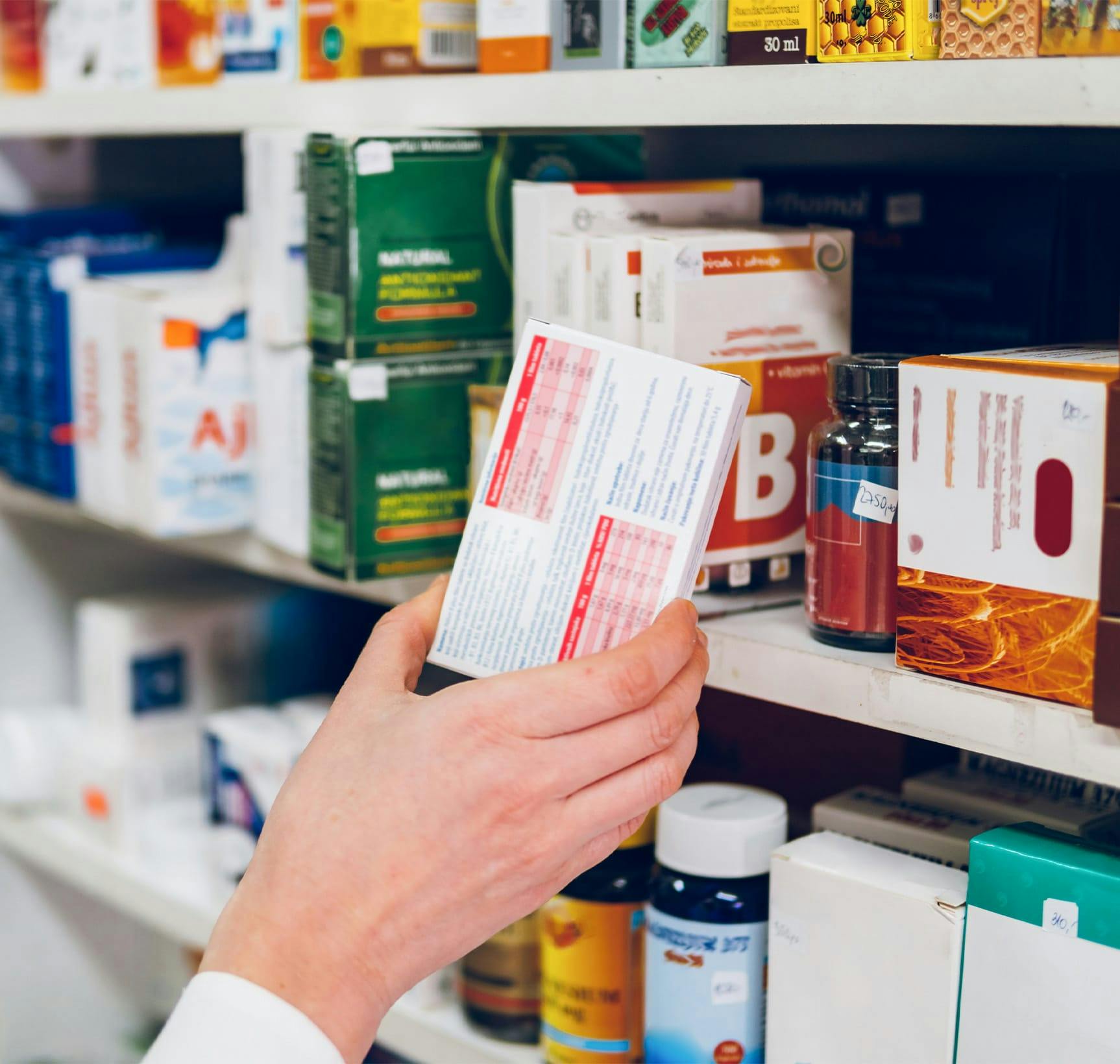Not every product is a great buy, but you shouldn’t have to worry about being harmed when you purchase something. If you’ve been hurt by a dangerous product, a lawyer may be able to help.
Consult a product liability attorney in Clayton, GA
Manufacturers have an obligation to ensure that their products won’t cause harm to users. If you’ve been injured because of a negligent manufacturer, you might be facing medical bills, significant pain and suffering, or other disruptions to your life. The team at Turnbull, Moak & Pendergrass believes that manufacturers should be held accountable for the harm they do to their customers, even when it’s accidental. If we take your case, we’ll fight tirelessly to help you receive the compensation you need for your injuries. Contact us today or schedule a visit at our Clayton office at 41 S Main St to set up a free case review.





